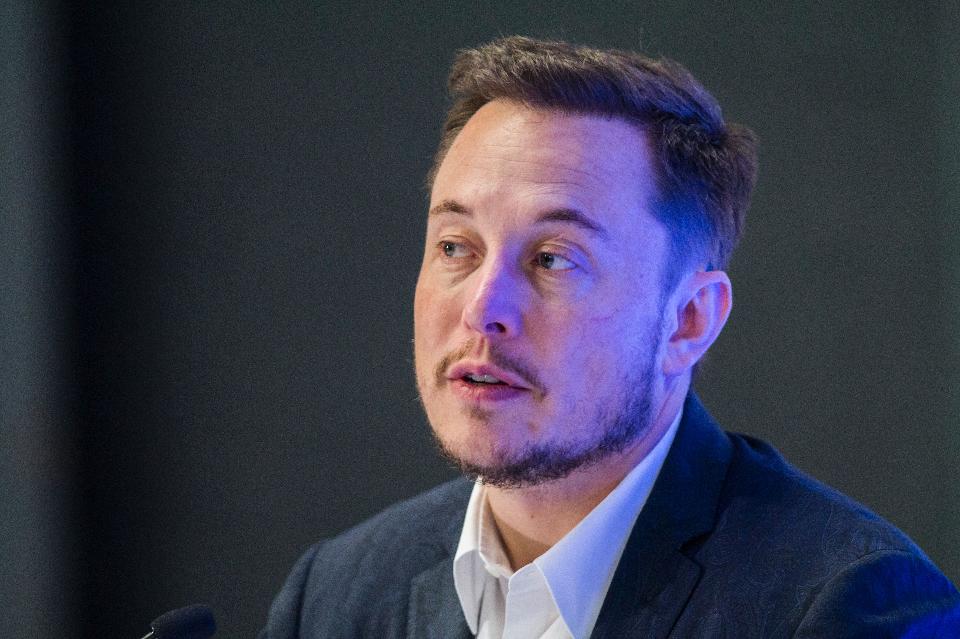WASHINGTON − President Donald Trump says he expects to meet with Russian President Vladimir Putin in Saudi Arabia in the near future to discuss an end to his nation’s war on Ukraine.
The exact date of the meeting hasn’t been set, Trump said in the Oval Office. Ukraine wasn’t invited. A ceasefire could also be on the way, Trump said, as he offered up new details about vision for a negotiated end to the conflict.
“I’m just here to try and get peace,” Trump told reporters. “I don’t care so much about anything other than I want to stop having millions of people killed.”
Talks to end the Russia-Ukraine war are now officially underway, Trump said earlier on Wednesday, as he held back-to-back calls with both countries’ leaders and appointed a negotiating team to work on a resolution to the nearly three-year-old conflict.
Trump held his first known call since he took office with Putin after playing coy for weeks about whether one had taken place. He also spoke with Ukrainian President Volodymyr Zelenskyy, who he met with in December.
The conversations signaled a new intensity and pace in the U.S. efforts to end the war almost a month into the president’s term and less than two weeks before the third anniversary of Russia’s Feb. 24, 2022 invasion. During the 2024 campaign, Trump said he’d end the war as soon as he was elected. More recently he has vowed to have the war wrapped up within the next six months.
On a trip to Europe, his defense secretary, Pete Hegseth, separately suggested that Ukraine would have to concede Crimea, an area of Ukraine that was seized by Russia in 2014 prior to the current conflict, and its aspirations to NATO membership in order to reach an agreement.
“I think probably that’s true,” Trump concurred in the Oval Office. “I don’t think it’s practical to have it.”
More:Trump said he’d quickly end Russia’s war on Ukraine. But it’s proving tough.
The Kremlin said in a statement that Putin invited Trump to visit Russia during their call. Trump suggested in a statement that a U.S. visit by Putin, whom the previous administration stopped speaking to as a result of the war, was also on the table.
“We agreed to work together, very closely, including visiting each other’s Nations. We have also agreed to have our respective teams start negotiations immediately,” Trump wrote on his social media platform Truth Social.
He said he’d also consider going to Ukraine, after he was asked about the possibility by a reporter in the Oval Office.
Trump also appeared to shake up his negotiating team.
He said in a social media post that he was putting Secretary of State Marco Rubio, CIA director John Ratcliffe, national security advisor Michael Waltz and his special envoy to the Middle East Steve Witkoff in charge of the talks. Left off the list was special envoy to Russia and Ukraine, Keith Kellogg, who had been leading the talks.
The White House said Wednesday that Kellogg, who is headed to Kyiv this week, is still part of the administration and thanked him for his help in getting the discussion to this point − without explaining why Trump made the change.
More:Hegseth tells Europe a return to Ukraine’s pre-Russia invasion borders is ‘unrealistic’
It was also Witkoff who brought home American school teacher Marc Fogel from Moscow a day prior. Fogel was part of an exchange with Russia that the White House did not fully detail.
Trump’s call with Putin took place as members of his Cabinet, including Hegseth and Vice President JD Vance, visited Europe on inaugural trips in their positions. Vance and Rubio will meet with Zelenskyy on Friday on the sidelines of the Munich Security Conference, the White House says.
Hegseth’s comments came during an address to the Ukraine Defense Contact Group in Brussels, which he used to lay out Trump’s approach to the war.
“We want, like you, a sovereign and prosperous Ukraine, but we must start by recognizing that returning to Ukraine’s pre-2014 borders is an unrealistic objective,” he told U.S. allies. “Chasing this illusionary goal will only prolong the war and cause more suffering.”
He also told allies that the U.S. does not believe that NATO membership for Ukraine “is a realistic outcome of a negotiated settlement” and that security guarantees for the country must be backed by a separate group of European and non-European troops, who could be deployed as peacekeepers.
“To be clear, as part of any security guarantee, there will not be U.S. troops deployed to Ukraine,” Hegseth said.
Trump told reporters later “it certainly would seem to be unlikely” that Ukraine would get all of its land back. “Some of it will come back,” he added.
His comments came after Zelenskyy said in a Tuesday interview with The Guardian that Europe on its own could not offer security guarantees that would be acceptable.
“Security guarantees without America are not real security guarantees,” Zelenskyy said.
